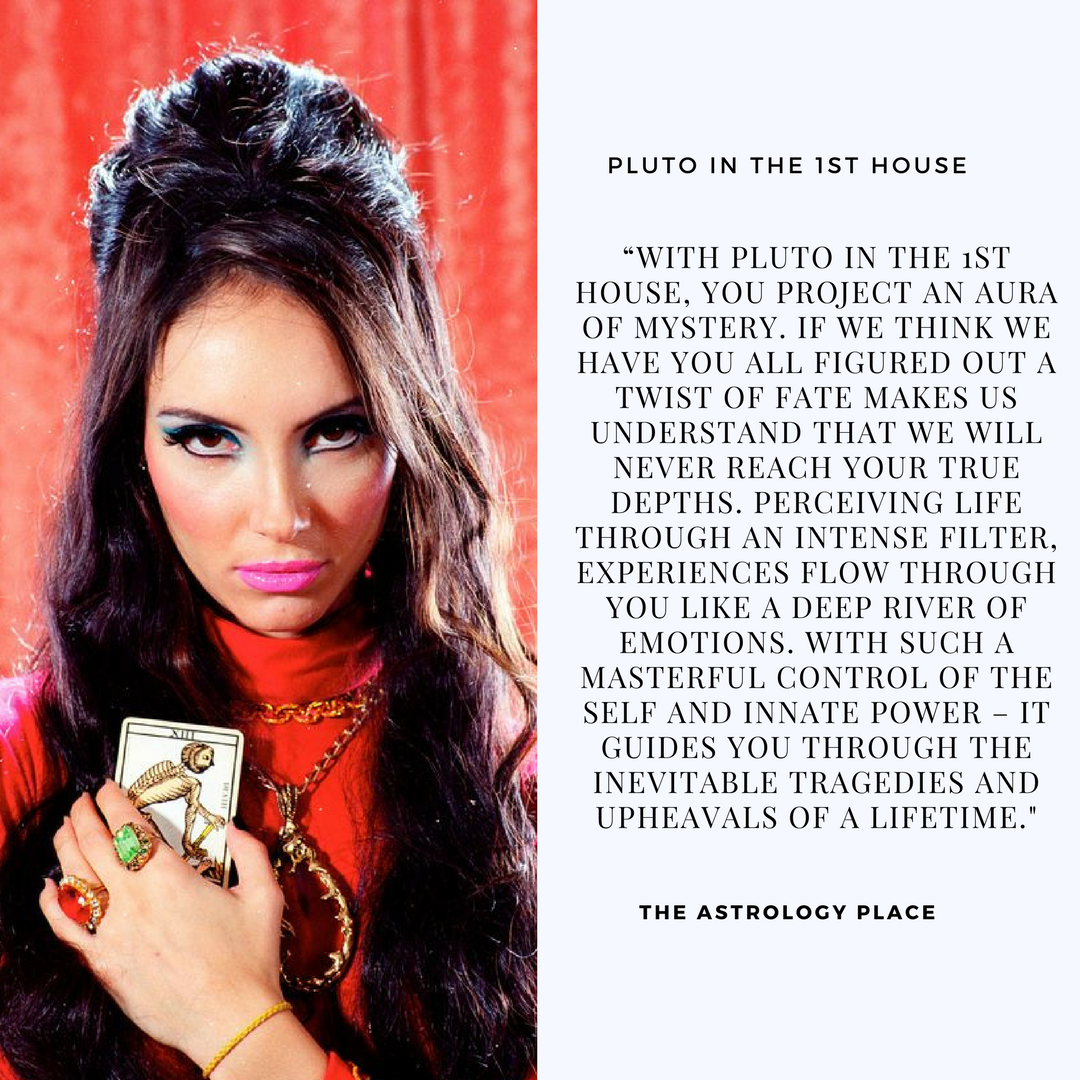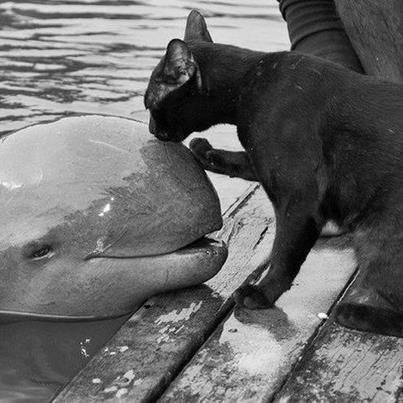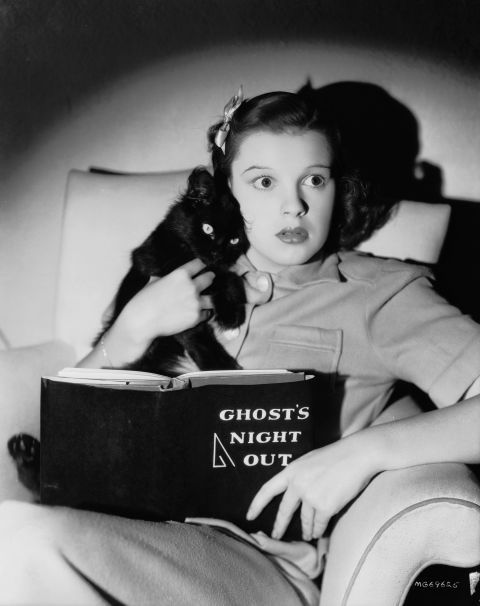 Pluto’s transit through Virgo was a fascinating lens through which to view the grand unraveling of human history! If we accept Pluto as the harbinger of deep, often unsettling transformation, then its passage through Virgo—sign of health, refinement, and bodily awareness—becomes a potent symbol of the era’s shifting dynamics. The emergence of the contraceptive pill during this transit is, in many ways, a perfect manifestation of Virgoan qualities. Virgo, ruled by Mercury, governs intellect, analysis, and practical applications of knowledge—what better expression of this than the scientific mastery required to regulate fertility itself? The pill was a medical breakthrough, and it was a reordering of the social contract, a recalibration of power, particularly for women.
Pluto’s transit through Virgo was a fascinating lens through which to view the grand unraveling of human history! If we accept Pluto as the harbinger of deep, often unsettling transformation, then its passage through Virgo—sign of health, refinement, and bodily awareness—becomes a potent symbol of the era’s shifting dynamics. The emergence of the contraceptive pill during this transit is, in many ways, a perfect manifestation of Virgoan qualities. Virgo, ruled by Mercury, governs intellect, analysis, and practical applications of knowledge—what better expression of this than the scientific mastery required to regulate fertility itself? The pill was a medical breakthrough, and it was a reordering of the social contract, a recalibration of power, particularly for women.
Pluto, being the agent of death and rebirth, does not simply change things; it dismantles, reconstructs, and reshapes them at a foundational level. The pill wasn’t a mere convenience; it was a revolution disguised as a prescription. It allowed women to transcend the biological determinism that had, for centuries, chained them to traditional roles. Suddenly, choice—so often the privilege of the few—became accessible to millions. The idea that a woman could plan her future, delay childbirth, or even reject motherhood altogether? Utterly transformative.
But let’s not forget Pluto’s darker signature—every gift from the underworld comes with a cost. The pill, while liberating, also introduced new pressures: the expectation that women should seamlessly balance careers, relationships, and personal aspirations without faltering. Control over fertility became, paradoxically, another form of responsibility. Pluto brought transformation; but there were also tests.
More broadly, Pluto’s time in Virgo coincided with other seismic shifts in health, labor, and technological advancement. The 1960s saw the rise of environmental consciousness (Virgo, ever the earth mother), concerns over chemical pollutants (hello, Silent Spring!), and a growing emphasis on personal well-being. There was an emerging awareness that progress, while exhilarating, required careful management—another distinctly Virgoan lesson. Pluto in Virgo stripped away illusions and demanded a return to basics: how do we care for ourselves and our world with care, respect, and humility?
Transiting Uranus and Pluto were both conjunct in Virgo throughout this period—two revolutionaries staging an upheaval in the human theater! When these two planetary titans align, expect nothing less than an epochal shift, a tearing down of old paradigms and the birth of something radically new. And what did they bestow upon the world in their mid-century collision? The contraceptive pill—small in size, colossal in impact, a literal encapsulation of autonomy, rebellion, and transformation. Uranus is the planet of sudden upheavals, innovation, and liberation. It crackles with the energy of revolution, shattering outdated traditions in favor of progress. Pluto, the deep and shadowy planet of metamorphosis, ensures that this change is not a cosmetic one—it is cellular, irreversible, a death and rebirth on both the personal and societal level. Together, they changed the game; and they rewrote the very rules by which it’s played. The widespread availability of the contraceptive pill was a perfect manifestation of this Uranus-Pluto synergy. Suddenly, sexuality—so long burdened with the weight of consequence, societal expectation, and moral codes—was being rewritten. No longer trapped to the inevitability of pregnancy, women (and by extension, society) were granted a new level of autonomy. The sexual revolution was a cultural phenomenon. It was also biological shift, a rewiring of human potential. Before this breakthrough, sex was inextricably linked to duty, morality, and often, fear. Uranus, with its iconoclastic energy, demanded freedom—freedom to explore, to redefine relationships, to untangle love from obligation. Pluto, in its relentless evolutionary march, ensured that this a deep, irreversible transformation of human consciousness.
With Great Freedom…
The pendulum of progress always swings both ways. With great freedom comes great complexity—one of Pluto’s favorite lessons. The sexual revolution, catalyzed by the Uranus-Pluto upheaval and Virgo’s influence, also carried with it the sobering realization that responsibility and awareness must accompany newfound autonomy. The rise in awareness of STDs during this era is a quintessential Pluto-in-Virgo theme—shadow work through the lens of health and prevention. Suddenly, sex wasn’t all about passion and freedom; it also required knowledge, caution, and a new level of mindfulness. The very act that symbolized liberation also necessitated education.
And so, the response was deeply Virgoan: practical. Sex education programs began to emerge, medical screenings became more common, and discussions about health and responsibility entered the mainstream. The emphasis was on a deeper understanding of the body—how it functions, how it connects to the mind, and how it interacts with external forces. This same holistic, Virgo-driven awareness extended beyond personal health to planetary health.
Holistic health practices also gained traction during this time—yoga, meditation, alternative medicine—ideas that sought to bridge the gap between mind and body, mirroring Pluto’s penchant for deep transformation and Virgo’s devotion to health and balance. People began to recognize that their mental and emotional states were real forces that impacted physical well-being.
Daily Routines
During Pluto’s passage through Virgo from 1956 to 1972, it ushered in a significant shift in the way society approached various aspects related to Virgo’s domains, including labor, health, and daily routines. This period was marked by several transformative developments and societal changes. Pluto’s influence led to a reevaluation of traditional work and daily routines. People began to question the efficiency and fairness of labor practices. This era witnessed a growing interest in efficiency and streamlining of work processes. It saw the emergence of new technologies that aimed to improve productivity and reduce manual labor.
This transformation in the workplace was reflective of Virgo’s practical and task-oriented nature. As Pluto transited through Virgo, there was an increasing awareness of the planet’s limited natural resources and the environmental damage caused by industrialization. This period marked the beginning of the modern environmental movement, with a focus on conservation, reducing waste, and sustainable living. People became more conscientious about how their daily routines and consumption habits impacted the planet, aligning with Virgo’s concerns for health and the environment.
The Feminine Mystique
The rise of self-help—a genre that, much like Pluto itself, dredges up the hidden, unspoken struggles of the human psyche and offers a roadmap (or at least a very optimistic checklist) for transcendence! With Virgo’s influence sharpening the collective consciousness, it’s no surprise that people were reaching for books promising health, balance, and a more practical approach to self-improvement. Virgo, ever the perfectionist, governs routines, discipline, and refinement. Under Pluto’s transformative gaze, the 1960s and 70s saw an urge for external revolution and an internal one as well—people were not only fighting for civil rights, gender equality, and ecological preservation; they were also psycho-analyzing themselves, seeking personal liberation from outdated psychological beliefs. The popularity of self-help literature focused on fixing oneself, but it was also about understanding oneself, recognizing that change starts from within before it ripples out into the world.
And then—The Feminine Mystique. A literary grenade thrown into the carefully curated domestic illusion of post-war America. Betty Friedan, armed with words as sharp as Virgo’s analytical mind, articulated what so many women had felt but couldn’t quite name—the problem that has no name. The creeping dissatisfaction, existential ache lurking beneath perfectly set dinner tables and pristinely vacuumed carpets.
The book argued that women should not be solely dependent on males and should have opportunities for personal and professional fulfillment beyond traditional gender roles. This challenged societal norms and contributed to the feminist wave of the 1960s and 1970s, reflecting a shift in how society viewed the roles and rights of women, and this transformation was in line with Virgo’s energy.
Pluto, after all, demands transformation. And Virgo, ruling, work, service, and the feminine nature, ensured that this transformation included a life of purpose, personal agency, and intellectual fulfillment. The shift in societal attitudes toward women’s rights during this era was a redefining of worth. A woman’s value was no longer tied solely to her role as a wife or mother but to her individual aspirations, talents, and contributions. This intersection of Pluto, Virgo, and feminism extended far beyond bookshelves. The ethos of self-examination and improvement fueled everything from the rise of therapy and personal coaching to the emergence of health and wellness movements that sought to unite mind, body, and spirit. The logic was clear: if society was changing, individuals needed to evolve with it.
And so, we look back at this period as a time of external revolution, but also one of internal reformation. The legacy of Pluto in Virgo is still felt today in every conversation about work-life balance, self-care, and gender roles. The desire for a better life—whether through feminist ideals, wellness practices, or personal development—is a hallmark of this astrological era.
Human Ingenuity
When Pluto was transiting through the sign of Virgo, it was an era that both celebrated human ingenuity and exposed its glaring inefficiencies! It was a time when the marvels of technology and scientific advancement were presented to the world, yet beneath the sleek façade of progress, Pluto revealed cracks in the very foundations of society. Virgo, ever the analyst, evaluated it and picked apart this innovation by saying, “Yes, but does it work?”
And Pluto, with its deep and often uncomfortable probing, ensured that no system was safe from this forensic examination. Society was freshly equipped with computers, antibiotics, and space travel, and then suddenly everyone took a collective step back and realized: Hang on, we’ve got satellites orbiting the Earth, but people still can’t afford proper healthcare?
The deficiencies of this period were an inevitable byproduct of rapid technological advancement outpacing human infrastructure. The focus on productivity and efficiency—so very Virgoan in its essence—led to a rise in automation, corporate expansion, and scientific breakthroughs, but it also revealed the limitations of existing institutions. Healthcare systems struggled under the weight of new medical possibilities that weren’t yet accessible to all. Educational frameworks lagged behind the shifting economic and technological landscape. Social services, designed for a pre-industrialized world, were suddenly inadequate for the complexities of modern urban life. The demand for universal healthcare, the push for improved working conditions, the rise of consumer protection laws—these were all direct responses to Pluto in Virgo’s lesson.
And let’s not forget the human element in all this. Pluto in Virgo brought an intensified awareness of the individual’s place within these vast systems. People began to see themselves not as cogs in the machine but as human beings deserving of proper care, fair wages, and a balanced life.
“The people of the 1960s weren’t yet aware of what the “Atom Bomb” had really done, what pollution would mean, what a disgusting world was being created. They were too busy watching everything beautiful. It was foretaste, according to Nostradamus, of what would come again much later. In addition, there was a most interesting and unusual planetary conjunction in the heavens of the 1960s, a Uranus/Pluto conjunction in Virgo, the sign of daily life, natural law, and the cycles of nature. This conjunction reflected a period of radical change in thinking about the quality of daily life and certainly can be tied with the whole concept of “flower-power”. Nostradamus: The Millennium and Beyond
Black People on the Buses
Pluto entering Virgo at 0 degrees was an exclamation mark punctuating a moment of social upheaval. If Pluto is the planet of transformation, of burning down the old to make way for the new, then its arrival in Virgo—the sign of work, routine, and the mechanics of daily life—signified a deep restructuring of the systems that governed society’s most basic functions. And what could be more fundamental than the right to move freely?
The desegregation of public buses in 1956 was a tectonic moment in the civil rights movement, an assertion that human dignity must extend beyond abstract ideals into the everyday realities of working-class life. The bus was a microcosm of the world itself, where oppression was enforced in the simplest of actions—where one could sit, who could board, who had the right to move unburdened. Virgo’s influence ensured that this was about the practical impact on people’s daily existence. Black individuals, particularly domestic workers, relied on public transportation for their livelihoods, yet the system itself had been designed to humiliate and exclude them. The court’s ruling sought to undo this injustice, but Pluto never grants transformation without struggle. The backlash was immediate, brutal, and systemic.
White municipal officials, desperate to maintain their grip on racial hierarchy, turned to the machinery of bureaucracy as a weapon—shutting down Black-owned cab services, enforcing punitive regulations, and seeking new ways to undermine Black mobility. This was Pluto’s shadow side: the manipulation of rules and systems to reinforce inequality, the use of legal loopholes to sustain oppression. The civil rights movement dismantled racist laws. The boycotts, the alternative transport networks, the legal challenges—these were acts of resistance.
Social Unrest
The choreography of Uranus and Pluto also brought a clash of revolution and reckoning, mirrored in the events that shook the world to its core. The early 1960s were a time of waves of transformation, a period when history itself seemed to tremble under the weight of change. And at the heart of this upheaval, two tragic assassinations—John F. Kennedy and Martin Luther King, Jr.—stood as stark symbols of both progress and the violent resistance to it.
Uranus and Pluto together are the planetary rulers of upheaval. Uranus, with its electric charge of sudden change, governs the unexpected—the flash of insight, the radical break, the moment when the unthinkable becomes reality. Pluto, the deep undertaker of transformation, represents death, rebirth, and the relentless evolution of power struggles. When these two forces align, history does not move forward gently—it is jolted, ruptured, reborn in fire and chaos.
John F. Kennedy’s assassination in 1963 was more than a national tragedy—it was an existential fracture in the American psyche. Here was a man who embodied optimism, progress, and youthful vitality. His presidency spoke of a New Frontier, a vision of a future unburdened by the past’s injustices. And then—sudden annihilation. A sniper’s bullet cut short a dream, plunging the country into an abyss of uncertainty. Uranus delivered the shock; Pluto ensured that nothing would ever be the same. And then, Martin Luther King, Jr. fell to another assassin’s bullet in 1968. King was the very embodiment of Uranian revolution—his voice a thunderclap against oppression, his actions a direct challenge to the old order. He spoke of justice, of the moral arc bending toward righteousness, and yet, Pluto reminded the world that those who usher in transformation often pay the ultimate price.
Kennedy and King, in their own ways, were heralds of this transformation. Their deaths were tragedies but also inflection points—moments that forced the world to confront uncomfortable truths about power, justice, and the cost of progress. Uranus and Pluto together forced humanity to reckon with what must be left behind in order for the new to emerge. And so, the early 1960s became a period of reckoning. The deaths of these leaders were symbolic sacrifices—Pluto’s way of ensuring that the ideals they championed would not simply dissolve but would be cemented into the foundation of history. The grief, the outrage, the collective soul-searching—it all became fuel for the movements that followed.
New Wave of Astrologers
The late 1960s and 70s Uranus Pluto conjunction brought upheaval to politics and culture, but it also transformed the very way we understood ourselves, our psyche, and our place in the universe. This was a time when astrology itself underwent a metamorphosis. No longer confined to the rigid, deterministic formulas of old, it became something deeper, richer—a psychological tool, a guide for self-discovery rather than a fortune-teller’s trick. And who better to embody this intellectual renaissance than Liz Greene, Stephen Arroyo, Robert Hand, and their contemporaries?
Uranus—the great awakener, the bringer of new awakenings—fused with Pluto, the planet of deep transformation, death, and rebirth. This combination ensured that astrology was no longer about fate, but about understanding. The human condition, the psyche, the unconscious drives lurking beneath our birth charts—these became the focal points of a new generation of astrologers. Liz Greene, with her background in Jungian psychology, brought mythology and the human psyche into astrology, turning natal charts into a map of the unconscious. Stephen Arroyo emphasized energy flow, personal growth, and a more holistic, self-reflective approach. Robert Hand blended tradition with the modern, demonstrating that astrology could be both technical and deeply interpretive.
Virgo, ruled by Mercury, demands analysis and refinement—it doesn’t settle for vague mysticism but seeks practical application. And so, astrology became a tool for self-improvement, self-awareness, and deep psychological transformation. This wasn’t a passing trend; it was the foundation of modern astrology as we know it today. Without the Uranus-Pluto conjunction in Virgo, would we have the psychological depth, the therapeutic interpretations, the self-actualizing insights that astrology offers now? Likely not. This period ensured that astrology was a means of participating in one’s own transformation, a dialogue between the self and the cosmos. The 1970s became a decade of self-help, of psychological exploration, of the integration of Eastern and Western philosophies. The stars were inviting individuals to rewrite their own story. And that was astrology’s true rebirth.
The late 1960s and 70s was a time of astrological renaissance, and it was also when technology began to democratize the heavens. Before this, astrology was laborious, requiring complicated manual calculations, ephemerides, and a level of patience that would make even a Virgo sigh. Enter public-domain astrology software—a synthesis of Uranian ingenuity (innovation, digital revolution) and Virgoan powers (analysis). Suddenly, astrology wasn’t only for seasoned astrologers hunched over tables of logarithms—it was accessible to everyone.
Uranus, governing technology and sudden breakthroughs, collaborated with Pluto, master of deep transformation, to ensure that astrology—so often dismissed—could evolve alongside humanity’s expanding intellectual frontiers. What had once been the practice of those with the patience to endure hours of hand-drawn calculations was now something anyone with access to a computer (or a particularly well-stocked library) could engage with.
Stephen Arroyo’s personal connection to this planetary alignment only deepens the significance. His work, particularly Astrology, Karma & Transformation, is a quintessential expression of Pluto in Virgo’s mission—to refine astrology into a tool for personal and spiritual evolution. His journey into astrology, occurring when Uranus and Pluto activated his natal Uranus, is nothing short of symbolic: an electrifying awakening (Uranus), a deep soul-level transformation (Pluto), all filtered through Virgo’s analytical, self-improving lens.
The accessibility of astrology through software not only made birth chart calculations easier—it expanded astrology’s reach, making it an everyday tool for self-reflection, self-improvement, and, dare I say, even scientific exploration. It’s fascinating to consider how this era set the stage for what we see today—astrology apps, AI-generated chart interpretations, and new websites. But it all began there, in the late 60s and 70s, with Uranus and Pluto in Virgo ensuring that astrology had its moment in technological age.
The great changes that occurred under the Uranus-Pluto conjunction of the 1960s and the emergence of ‘New Age’ thought. Rudhyar coined the term ‘transpersonal astrology’, injecting judiciously selected elements of Jungian psychology into what is essentially Alice Bailey’s Theosophical framework of the evolution of the soul, and emphasising the possibility of spiritual freedom from what he calls the ‘socio-cultural patterns of the past’. This is a quasi-psychological, quasi-spiritual astrology expressed in the 20th century language of New Age culture, which still proves inspirational to a great many astrologers, particularly in America. Liz Greene
Further Reading: Three Conjunctions of Uranus-Pluto by Dane Rudhyar











